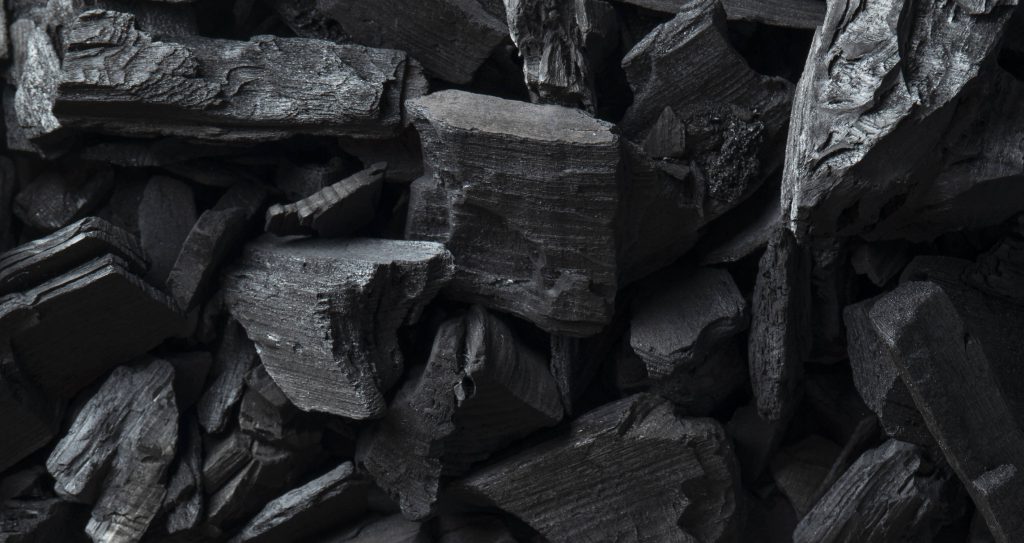CO2 certificates
Use the potential of biochar for permanent CO₂ storage and benefit from certified emission credits. Climate protection meets return on investment - transparent, measurable and sustainable.
How biochar stores CO2
In the production of biochar, biomass is carbonized in a low-oxygen process known as pyrolysis. As a result, the carbon contained in the plant material remains in solid form instead of being released into the atmosphere as CO₂ - as would be the case with natural decomposition or combustion.
This creates a long-term carbon store: one tonne of biochar binds around 2.5 to 3 tons of CO₂ equivalents - stable over decades to centuries. This stored quantity is recorded in a traceable manner using life cycle assessments and traded in the form of CO₂ certificates.

Like biochar
Stores CO2
In the production of biochar, biomass is carbonized in a low-oxygen process known as pyrolysis. As a result, the carbon contained in the plant material remains in solid form instead of being released into the atmosphere as CO₂ - as would be the case with natural decomposition or combustion.
This creates a long-term carbon store: one tonne of biochar binds around 2.5 to 3 tons of CO₂ equivalents - stable over decades to centuries. This stored quantity is recorded in a traceable manner using life cycle assessments and traded in the form of CO₂ certificates.

An integrative energy concept
Generate energy
State-of-the-art hybrid pyrolysis converts biomass into multiple benefits: Electricity and process heat for own consumption or feed-in - plus green hydrogen as a fuel for the future.
Biochar as a by-product
As a by-product of pyrolysis, biochar not only has an ecological impact, but also offers economic added value: Sales revenues of €500 to €700 per tonne - depending on quality and certification.
Generate CO2 certificates
The permanent storage of carbon results in certified CO₂ savings. Currently, CO₂ certificates on the voluntary market generate revenues of €80 to €120 per tonne of CO₂ equivalent.

